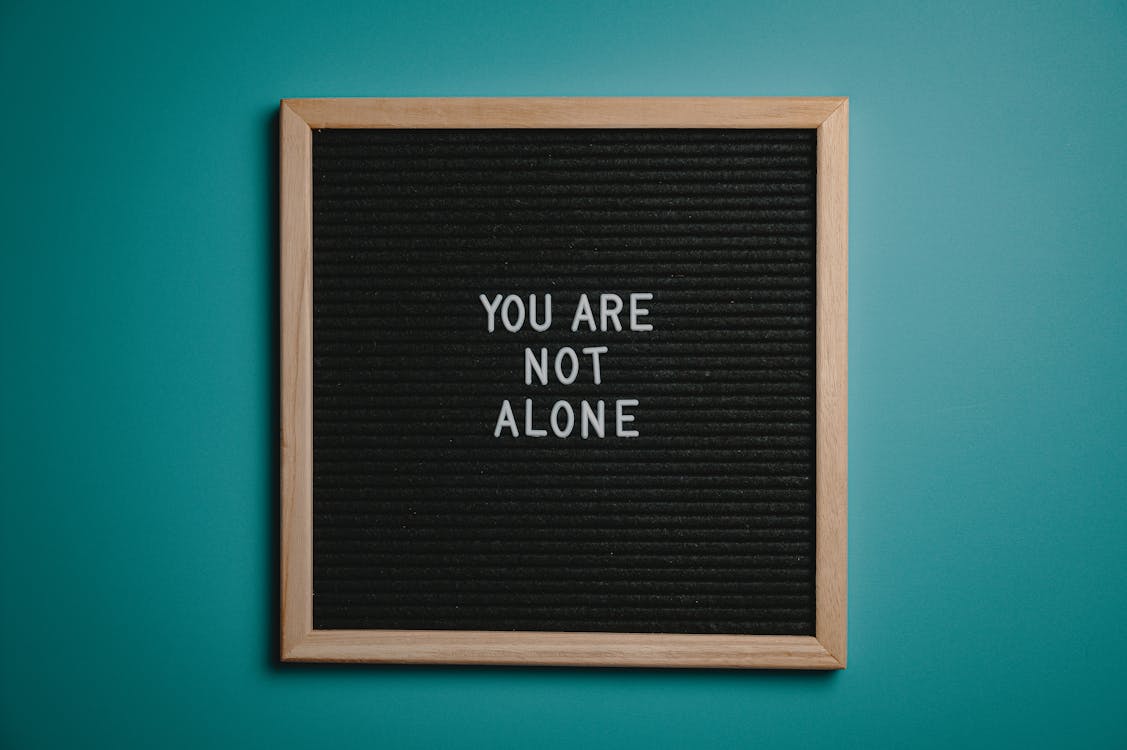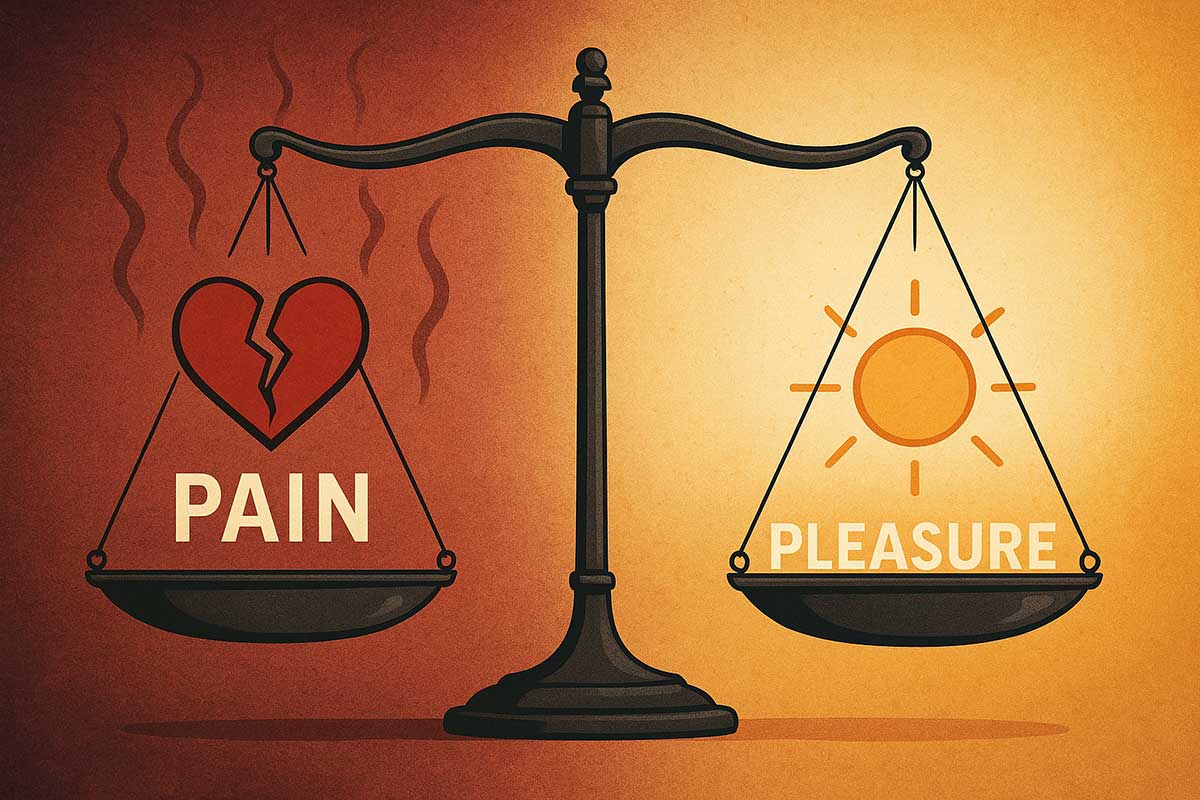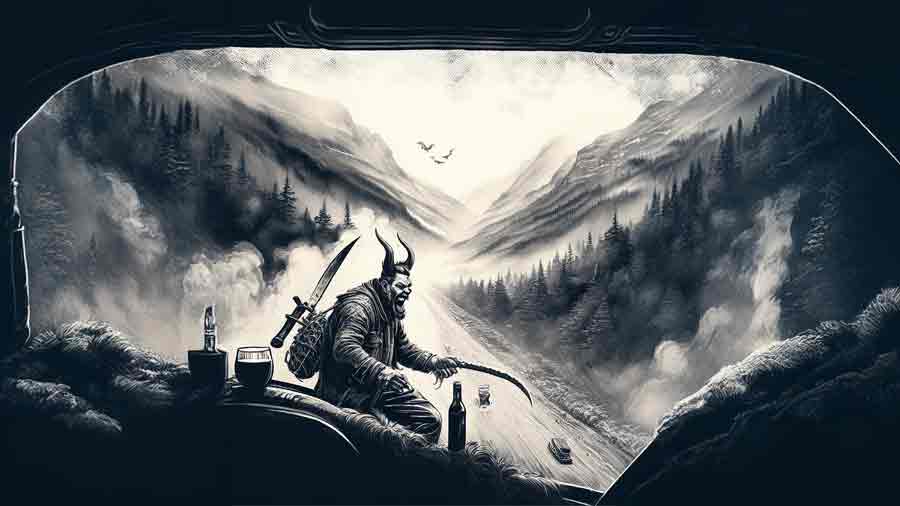· SpiritUnchained · 12 min read
The First Steps to Sobriety - A Practical Guide
A comprehensive guide to navigating the crucial early days of recovery, from seeking professional help to dealing with cravings and establishing healthy boundaries.

Introduction: The Decision Point
I remember waking up one morning, contemplating suicide. My family had distanced themselves from my destructive behaviors. I was completely alone. Then, like some cosmic intervention, a support therapist from an organization randomly called to check on me. That foggy moment was the beginning of everything.
It had become clear: this was about survival. To be or not to be, as Shakespeare put it.
If you’re reading this, you might be at a similar crossroads. Maybe you’re wondering if you can actually do this—if sobriety is even possible for you. I’m here to tell you it is, and to share the practical first steps that worked for me when I finally decided to choose life over slow self-destruction.
Important Note: What worked for me might not work for you—that’s why Step 1 is so crucial. It’s also the beauty of this life: no two people are alike in this world. Similar maybe, but never the same. Your recovery journey will be uniquely yours, which is why connecting with professionals who can help you find your path is essential.
Step 1: Connect with Professional Support - Do It NOW
The very first step isn’t thinking about quitting or planning it—it’s reaching out for professional help RIGHT NOW. Years go by fast, and you don’t want to delay a single day. As you’re reading these words, prepare to take action.
IMPORTANT SAFETY WARNING: Withdrawal from alcohol, benzodiazepines, and some other substances can be LIFE-THREATENING. Attempting to quit these substances without medical supervision can lead to seizures, heart problems, and even death. This is not exaggeration - people die from alcohol withdrawal every year. DO NOT attempt to detox alone if you’re a heavy or long-term drinker or drug user. Medical supervision is essential.
For me, maintaining contact with a therapist who understood addiction was the lifeline that eventually pulled me to shore. We had weekly conversations where we:
- Planned my next steps without judgment or pressure
- Worked through my fears and physical challenges
- Kept me accountable in a compassionate way
Action Item: Stop reading for a moment and take ONE of these actions RIGHT NOW:
- Call a local addiction service and leave a message
- Email a counselor or treatment center
- Text a recovery helpline
- Ask your doctor for a referral
- Look up the next available recovery meeting in your area
Don’t worry about finding the perfect words or the perfect program. Just make contact. You deserve f***ing better than sitting in the devil’s lap for one more day. The rest of this guide will be here when you come back.
Step 2: Reconsider Step 1
Did you actually do Step 1? No, really—did you?
Or did you think, “I’ll do that after I finish reading this article”?
If you haven’t taken action yet, go back and do it now. Your brain is already working overtime to convince you that you can handle this alone, that you don’t need help, or that you can start tomorrow. That’s the addiction talking.
The difference between thinking about getting help and actually reaching out is the difference between staying stuck and starting recovery.
Action Item: Seriously. Go back and do Step 1. I’ll wait.
Step 3: Find Your Starting Resource
In those first critical days, you need something to hold onto—a guide, a philosophy, a framework. For me, it was Allen Carr’s “How to Quit Drinking.” I’m not saying this book is the holy grail for everyone, but it gave me:
- A different perspective on alcohol/substances
- Tools to get through those first few days of physical withdrawal
- A counterargument to the voice in my head saying I needed substances to enjoy life
Nature also became a crucial resource. I spent hours—sometimes 3-5 hours at a time—just walking or sitting in nature. This helped clear my mind and reduced cravings significantly. Writing was another lifeline. I wrote down my thoughts to relieve the pressure and find hope.
Action Item: Find ONE resource to focus on initially. This could be:
- A book specifically about addiction recovery
- A podcast series focused on early sobriety
- A recovery app with daily guidance
- An initial meeting with a counselor or recovery group
- A natural setting where you can walk or sit
- A journal for writing your thoughts
Don’t overwhelm yourself trying to consume everything at once. One solid resource is enough to begin.
Step 4: Prepare for Withdrawal - The Reality and How to Survive It
MEDICAL WARNING: What I’m about to describe is my personal experience. Attempting to quit alcohol or drugs in the manner I did was DANGEROUS and could have killed me. Alcohol withdrawal can cause seizures, delirium tremens, heart problems, and death. Please seek medical supervision for detox, especially if you’re a heavy or long-term user. Do not follow my example of self-detox.
I had to leave my job to focus on recovery. While that’s not possible for everyone, creating some form of physical preparation is crucial.
I took a drastic step: intentionally paying off debts to get rid of most of my money, telling myself “now deal with the mess you made, see how deep you’ve fallen.” My thinking was that I’d have to beg for drinks if I wanted them, and I knew no one would give me any since they were aware of my situation. Looking back, this was dangerous—I could have had serious medical issues while detoxing without resources. I don’t recommend this approach.
My first three days were brutal:
- Unable to sleep
- Constant sweating
- Caught between nightmare and reality
- Sudden panic attacks, feeling like someone was out to get me
- Sensations like bugs crawling over my skin
Here’s what helped me survive:
- Drinking lots of water
- Coffee… so much coffee (it eventually became my substitute for alcohol, but that’s a whole other topic)
- Long walks in nature to process thoughts and cravings
- Setting a rigid daily structure for the first two weeks
- Finding simple ways to stay occupied (I helped a neighbor build a fence for some money and food)
Warning: I was offered alcohol during this period and had to refuse. Don’t put yourself in any proximity to alcohol or drugs if you can avoid it. I was playing with fire because I needed food.
Action Item: Prepare your environment for the withdrawal phase. Stock up on:
- Comfortable clothes for sweating and temperature changes
- Nutritious, easy-to-prepare foods (enough for at least one week)
- Plenty of water and electrolyte drinks
- Distraction materials (books, movies, puzzles, games)
- Any recommended over-the-counter medications for symptom management
- A journal to track your progress and symptoms

Step 5: Acknowledge Where You Are
With professional support initiated, it’s time for honest acknowledgment. For me, that meant admitting:
- I couldn’t drink or use like “normal” people
- My attempts to control my usage had repeatedly failed
- My life had become unmanageable
- I was physically and psychologically exhausted
- Continuing on this path would eventually kill me
Action Item: Take 15 minutes alone with a notebook or your phone. Write down the honest truth about where addiction has taken you and why you want to change. This isn’t about shame—it’s about clarity.
Remember: Withdrawal from some substances can be dangerous or even life-threatening. This is another reason why professional guidance from Step 1 is essential, especially for alcohol, benzodiazepines, or if you have other health conditions.
Step 6: Set Firm Boundaries - Avoid People and Places That Threaten Your Recovery
One of the most surprising challenges in early sobriety was how often I was offered drinks. In the small village where I lived, everyone knew each other, and suddenly people who rarely offered me drinks before were asking: “You want a beer?” or “You still don’t drink?”
It’s almost funny how the devil seems to smell you and test you at every step of early recovery. But I knew one thing clearly: the more I was around drinking or using, the greater my chance of relapse.
I had to start avoiding all places where I might encounter these triggers. I limited my communication to “healthy” people who respected my decision. This wasn’t about being judgmental—it was about survival. I needed to protect myself from the temptation to numb all the pain, guilt, shame, and anxiety with that bottle again.
Action Item: Make a list of:
- People you need to temporarily distance yourself from
- Places you should avoid in early recovery
- Situations that are high-risk for you
- Safe people who support your sobriety
- Safe places where you won’t be triggered
Remember: These boundaries aren’t forever, but they’re essential in early recovery when your sobriety is most fragile.
Step 7: Take It One Day (Or Hour) At A Time
When I first quit, thinking about “forever” was overwhelming. The fear of “Will I ever have fun again?” or “Can I really do this for life?” nearly paralyzed me.
Instead, I focused on:
- Getting through the next hour
- Then the next day
- Then the next challenge
Action Item: Create a simple calendar or tracking system where you can mark each sober day. Focus only on today’s square—not the entire calendar.
Step 8: Allow Someone Else to Believe in You
One of the most powerful forces in my early recovery was having someone who believed I could get sober even when I didn’t believe it myself. My pattern of thinking had been “I fail at everything, so I’ll fail at this too.”
But having that therapist who consistently showed up and believed in my recovery gave me something to hold onto when my own faith wavered.
Action Item: Identify one person you can tell about your decision to get sober. Choose someone who:
- Has shown themselves to be supportive
- Doesn’t have their own substance issues
- Will respect your privacy
- Can offer encouragement without judgment
Step 9: Prepare for the Mental Battle
The physical aspects of withdrawal are challenging, but the mental battle is where recovery is won or lost. Be ready for thoughts like:
- “I could just have one”
- “I was overreacting, my use wasn’t that bad”
- “Life will be boring forever without substances”
- “I can’t handle stress/social situations/emotions without using”
- “I’ve got to handle this on my own, be a man”
- “Many people have it worse than me”
These last two were particularly damaging for me. They made me more distant from others and reinforced the distrust I’d carried since childhood. The truth is: no one recovers alone. The old idea that you should “handle it on your own” isn’t helpful—it’s harmful.
After about two months of trying to manage with just my weekly therapy sessions, I decided to go to rehab. I needed people around me who understood—people who neither judged nor pitied me, but supported me. Connection is vital to recovery.
Action Item: Write down your top three “permission-giving thoughts” that have led you back to substances in the past. Next to each one, write a reality-based response you can use when that thought returns.

Dealing With Cravings
When cravings creep in—and they will—I found that simply being in nature helped me the most. I didn’t have some heroic approach to cravings. The reality was much more practical: I had deliberately put myself in a situation where acting on impulse wasn’t easy. I would have had to ask people for money when I could barely speak because of anxiety.
What I learned was that cravings do pass. They might feel overwhelming in the moment, but they don’t last forever. Sometimes all you can do is wait them out, distract yourself, or physically remove yourself from situations where you could give in.
You are stronger than you think. You’ll get through this. If I could make it through those terrible first days, so can you. Each craving that passes makes the next one a little easier to handle. They don’t disappear overnight, but they do gradually lose their power over time.
The Unexpected Highs and Lows
About two weeks into sobriety, something surprising happened: I felt extremely empowered and optimistic about everything. It was like some kind of natural high—a glimpse of what life could be. But this was followed by depression. I felt like I would eventually fall back into old patterns. I didn’t feel safe with myself and felt desperately lonely.
This emotional rollercoaster is normal in early recovery. Your brain chemistry is rebalancing, and you’re experiencing emotions that may have been numbed for years. Don’t let the ups convince you you’re “cured,” and don’t let the downs convince you recovery isn’t worth it.
Conclusion: The Beginning, Not the End
These nine steps aren’t the complete recovery journey—they’re just the beginning. But they’re the critical foundation that everything else will build upon.
I know your mind is filled with reasons why this isn’t the right time. Your job needs you. Your family depends on you. You have responsibilities. Bills to pay. Problems to solve first.
But here’s the truth I wish someone had hammered into me earlier: None of those things will matter if you’re dead. And the path you’re on leads there eventually.
Your addiction has convinced you that everything else comes first. That’s how it survives. Your recovery needs to be your priority—not because you’re selfish, but because everything else in your life depends on it.
Your life is worth fighting for. Right now. Today.
START LOVING YOURSELF. This might be the first real act of self-love you’ve shown in years.
Experience the gift of life. It’s going to be tough, but you can make it. Call it God, call it a higher power—it’s holding you with love this very moment and believes in you. Just do the first steps, and the rest will follow.
Get help NOW.
IMPORTANT SAFETY DISCLAIMER: This post describes my personal experience with addiction recovery and is NOT medical advice. Withdrawal from alcohol, benzodiazepines, and other substances can be LIFE-THREATENING without proper medical supervision. Symptoms like seizures, severe dehydration, heart problems, and delirium tremens can be fatal. Never attempt to detox alone. Always seek professional medical help before stopping alcohol or drugs, especially if you’ve been a heavy or long-term user. Many of the steps I took were dangerous and could have resulted in serious medical complications or death. Please prioritize your safety and consult medical professionals.
If you’re experiencing severe withdrawal symptoms (tremors, hallucinations, seizures, rapid heart rate), call emergency services (911) or go to an emergency room immediately.


Join the Conversation